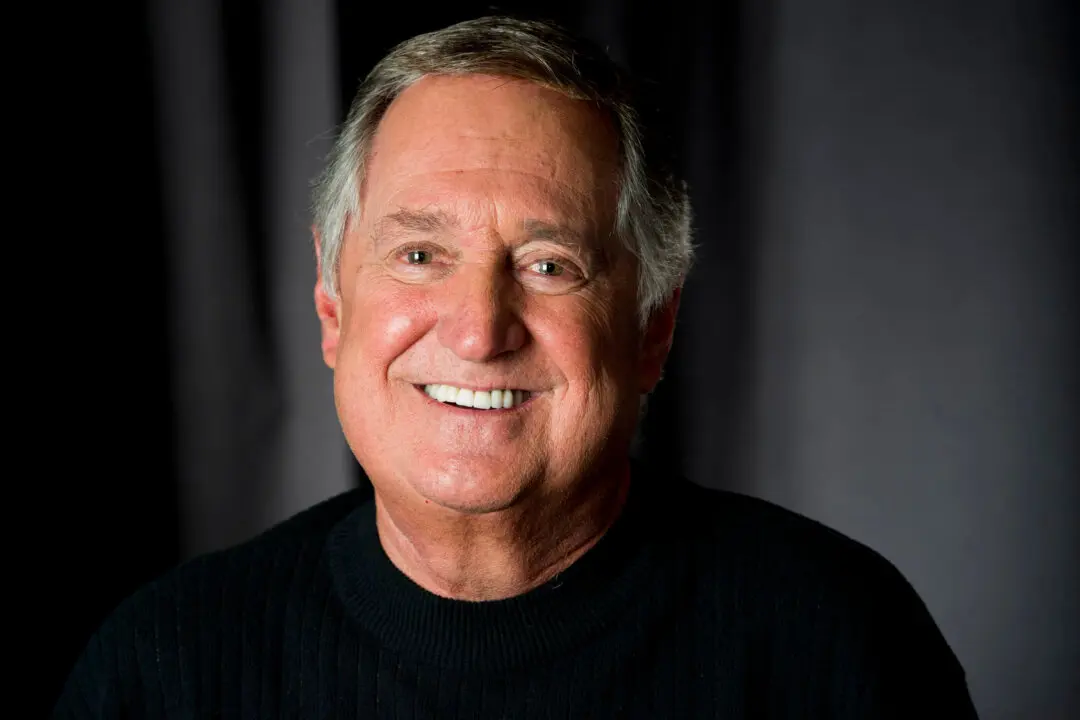KABUL, Afghanistan—After more than 40 years at war, one of Afghanistan’s most notorious warlords, designated a “global terrorist” by the United States and blacklisted by the United Nations along with Osama bin Laden, wants to come out of the shadows.
Gulbuddin Hekmatyar, now in his late 60s, says he wants a “real and fair peace” but with conditions the Kabul government is unlikely to even contemplate, such as the withdrawal of all foreign troops from Afghanistan and new elections in 2016.
The remarks reflect Hekmatyar’s attempt to assert influence and gain new leverage in Afghan politics, but what role — if any — the once feared warlord could play is unclear.
“Peace can be established and the fighting can end once the occupation is over, foreign forces leave and the people of the Afghan nation are given the right to choose their own destiny and establish their own choice of government and governance,” Hekmatyar said.
The comments were provided to The Associated Press this week after being videotaped in Hekmatyar’s hiding place, presumed to be somewhere in Pakistan, where he moved to after being ejected from Iran following the 2001 U.S.-led invasion of Afghanistan that removed the Taliban from power. His associates insist, however, that the warlord is in Afghanistan.
Hekmatyar has led an extreme life; his mujahedeen followers have been responsible for the deaths of thousands during the devastating Afghan civil war.
In his student days, he was known for throwing acid in the faces of women who did not cover up. He switched allegiances on the battlefields, fighting first the Soviets, for which he received millions in cash and weaponry from Washington, then the Taliban.
In politics, he espoused radical Islam, served twice as Afghan prime minister and saw Hezb-i-Islami, the party he founded in 1969, fracture and abandon him. The party’s military wing offered bin Laden shelter after the al-Qaida leader fled Sudan in 1996, according to the State Department.
But history has relegated Hekmatyar to the sidelines and political analyst Haroun Mir describes him today as a “spent force, frozen in time.”
“We cannot deny him the status as a prominent leader during the anti-Soviet war,” Mir said. Hekmatyar sees himself “as part of the dialogue, but he lives in a totally different world and does not see the realities on the ground.”
Earlier this year, Hekmatyar sent an envoy to Kabul to meet with senior Afghan officials and offer his services as an interlocutor, an associate of his told the AP.
According to the associate and one Afghan official, the envoy met with President Ashraf Ghani and, possibly, other senior leaders. The president’s office did not confirm the meetings had taken place. Both the associate and the official spoke on condition of anonymity because of the secret nature of the subject.
Hekmatyar talks of an “inter-Afghan dialogue” that pointedly excludes neighboring Pakistan, which has been key mediator and host for Taliban-Kabul peace talks.





